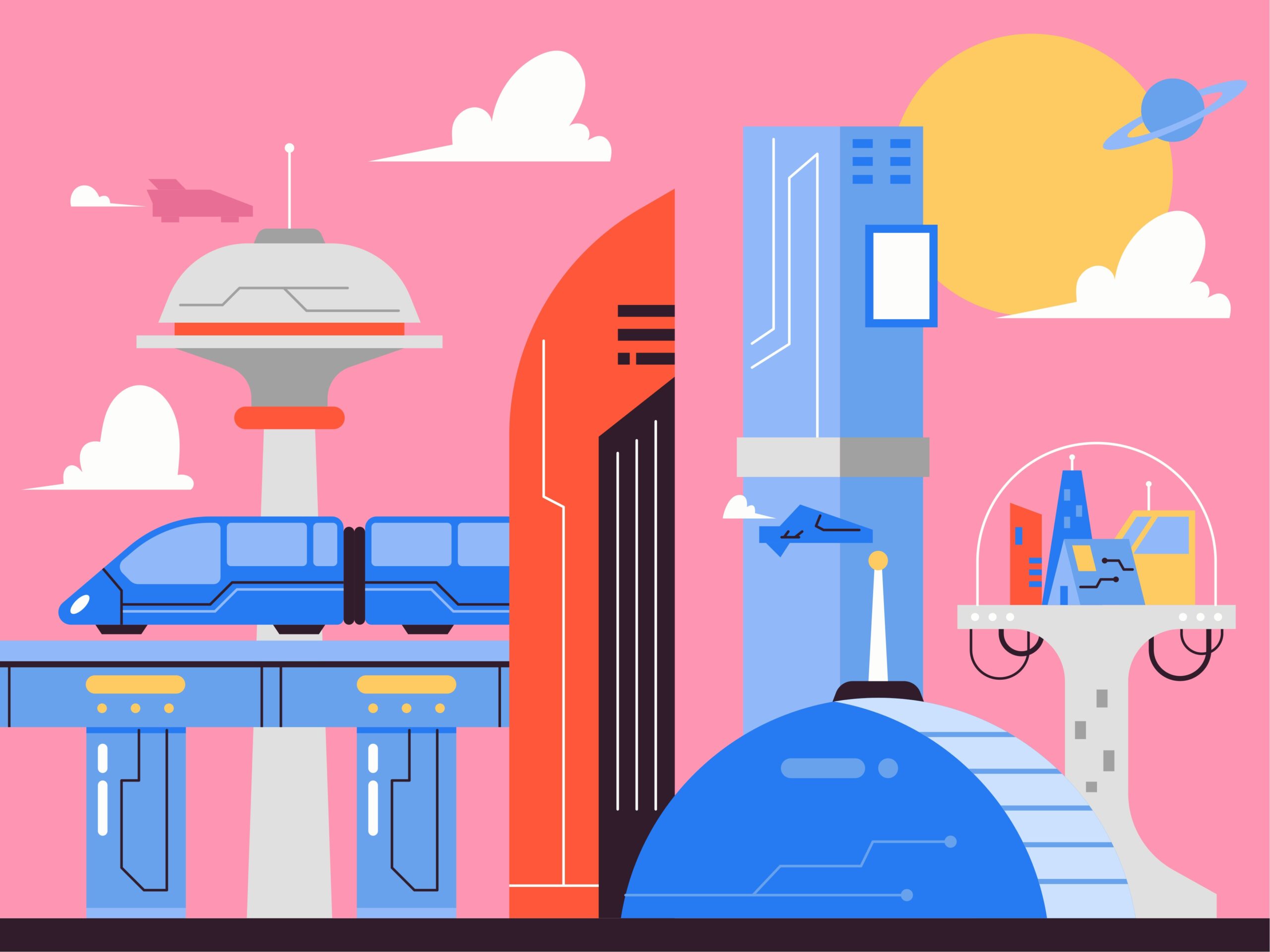Lately, I’ve been seeing this trend in the indie web community. People are getting spooked about AI scraping their content, so they’re putting everything behind login walls or email gates. But is this really the right move?
Stuff You Put Online is Meant to be Seen
Look, when you publish content on the web, it exists to be consumed. Being afraid of AI reading it and slapping access restrictions on everything? That’s basically shooting yourself in the foot.
The whole beauty of public content is that you never know who’s going to stumble across it. Someone unexpected might connect with your work, or you might get surprising feedback. Put up gates, and you kill all those serendipitous moments.
Fans First, Money Later
This is business 101: “Fans first, monetization second.” It’s a golden rule for a reason.
Why fans first? Simple. Real fans aren’t just customers. They actually get the value of what you’re creating, and they’ll spread the word for you. These people become the foundation of your community, and eventually, that translates to revenue.
Flip it around and focus on money from day one with access restrictions? You’re basically telling potential fans to buzz off. For solo creators especially, this is a massive missed opportunity.
The Email Address Reality Check
Let’s get real for a second. Put yourself in a reader’s shoes – would you hand over your email to some small-scale creator you barely know?
Honestly, unless their content is absolutely mind-blowing, most people won’t. Especially with unknown creators, there’s always that nagging thought: “Is this person’s newsletter actually worth it?” or “Are they going to spam me with junk?”
Your email inbox is personal territory. Giving someone permission to enter that space is a much bigger deal than hitting follow on social media. It carries real weight.
So the moment you make email registration mandatory, you lose most of your potential audience. You end up with great content that never reaches the people who should be reading it. Talk about counterproductive.
Let’s Just Get Along with AI
Sure, AI scraping is a new challenge, but do we really need to panic? Maybe having AI learn from your content means you’re indirectly reaching more people. That’s not necessarily a bad thing.
What matters is keeping that human touch that AI can’t replicate. Personal stories, individual perspectives, emotional insights – that’s where real differentiation happens.
The Value of Staying Open
When you keep your content open, amazing things happen. You get unexpected responses from completely different fields, random collaborations pop up, people you never imagined reach out. None of that happens when you’re hiding behind gates.
The indie web was supposed to be about this kind of open information exchange. Just because AI showed up to the party doesn’t mean we should go into defensive mode. Embrace the change, keep being authentically you, and things will probably work out better in the long run.










